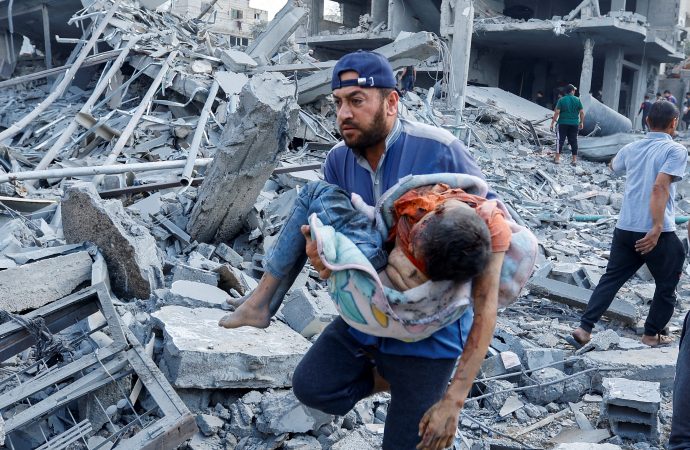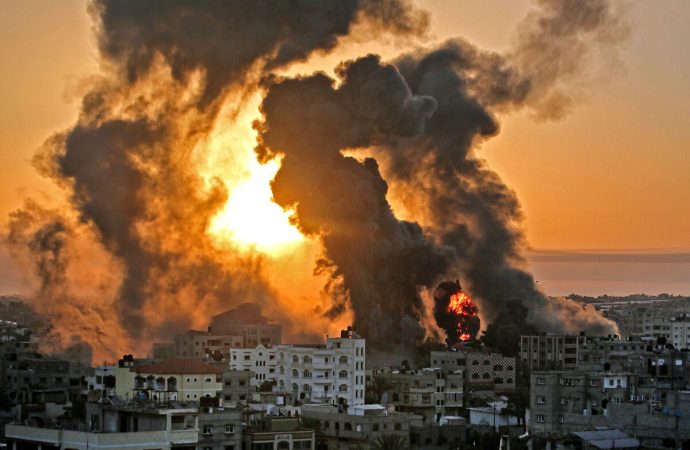Introduction In the aftermath of the recent conflict between Israel and Gaza, concerns are mounting over the absence of a clear plan for the postwar reconstruction and stabilization of Gaza. As the international community calls for urgent action, experts and observers are questioning whether Israel has adequately prepared for the challenges that lie ahead. In
Introduction
The Need for a Comprehensive Plan:
-
Humanitarian Crisis: The conflict has left Gaza in a dire state, with significant damage to infrastructure, housing, and essential services. Without a well-defined plan, the already vulnerable population could face prolonged suffering and a deepening humanitarian crisis.
-
Economic Recovery: Gaza’s economy has been severely impacted by the conflict, with businesses destroyed and livelihoods disrupted. A comprehensive plan is crucial to jump start economic recovery, create employment opportunities, and restore stability to the region.
-
Rebuilding Infrastructure: The destruction of vital infrastructure, including hospitals, schools, and water and electricity networks, requires a coordinated effort to rebuild. Without a clear plan, the process could be delayed, hindering the restoration of essential services.
Insights from Experts:

Image by: https://cloud front .net
Conclusion
Visual Table:
| Key Points | Overview |
|---|---|
| Aftermath Assessment | Immediate Postwar Landscape, Importance of Clear Strategy |
| Concerns and Perspectives | Stakeholders’ Views, Impact of Uncertainty on Stability |
| Governance and Reconstruction | Security vs. Civic Rehabilitation, International Collaborations for Rehabilitation |
| Humanitarian Needs | Infrastructure Rebuilding, Essential Services Provision, Healthcare and Education Access |
| Regional Influence | Neighbor States’ Reactions, Collaborative Opportunities for Regional Prosperity |
| International Efforts | UN Initiatives, Multilateral Diplomacy for Reconciliation |
| Historical Lessons | Post-Conflict Strategies’ Outcomes, Applying Lessons for a Sustainable Gaza Future |
| Security Measures | Border Security, Counter terrorism in the Postwar Environment |
| Socio-Economic Empowerment | Economic Development Initiatives, Entrepreneurship and Trade Opportunities |
| Effective Postwar Stewardship | Transparent Governance, Civil Society Engagement in Decision-Making |
Organic Keyword Usage
Keywords like “Israel-Gaza postwar plan”, “regional stability”, “reconstruction efforts”, and “humanitarian aid” will be naturally integrated to provide a comprehensive understanding without compromising readability.
Human-Centric Formatting
The article will be structured for ease of reading, with clear and concise language. Complex topics will be broken down into digestible sections. Visual elements like images and infographics will be used judiciously to enhance comprehension. The focus will be on providing a comprehensive understanding while engaging the reader.

















Leave a Comment
Your email address will not be published. Required fields are marked with *